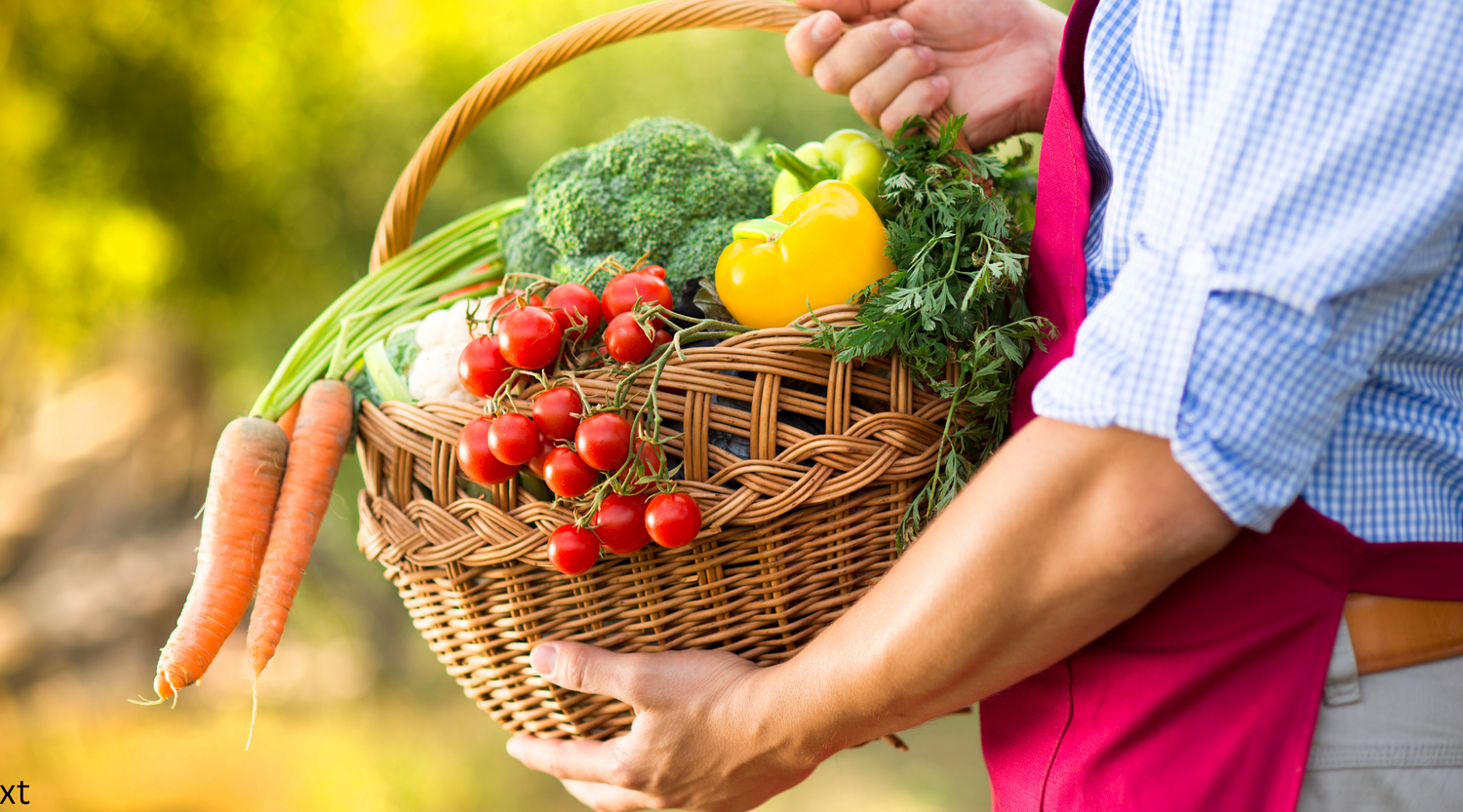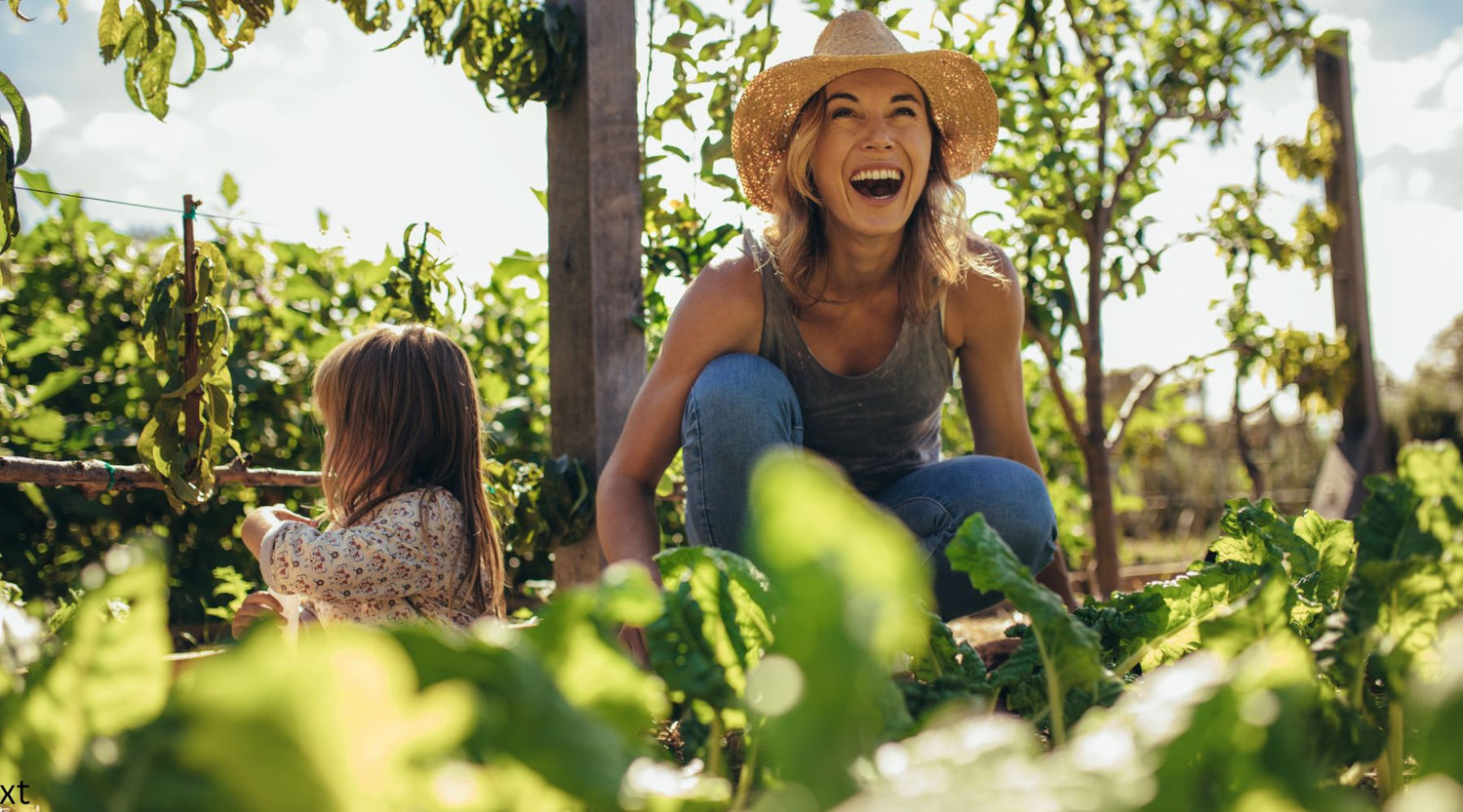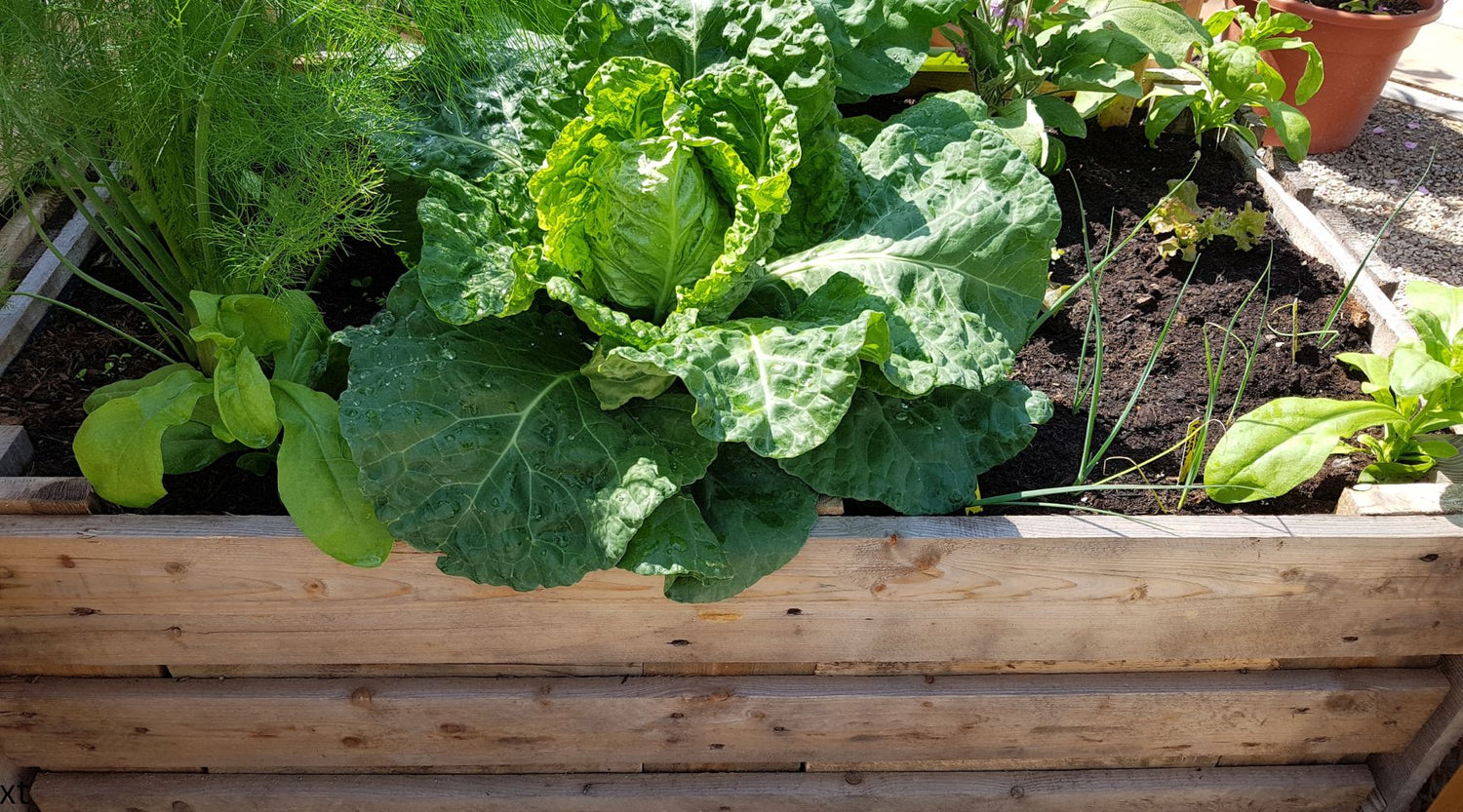Cultivating Timeless Diversity
In the modern world of agriculture, where efficiency often reigns supreme, there exists a treasure trove of biodiversity often overlooked: heirloom open-pollinated vegetable and herb seeds. These seeds are not just relics of the past; they are living links to our agricultural heritage, embodying generations of careful selection and adaptation. In this blog post, we delve into the rich history, characteristics, uses, advantages, and disadvantages of heirloom open-pollinated seeds, exploring why they are not only valuable but essential for the future of sustainable agriculture.

Seeds of Tradition
Heirloom open-pollinated seeds are not merely seeds; they are storytellers. Each variety carries with it a narrative of generations past, cultivated by farmers and gardeners who carefully saved and shared seeds year after year. These seeds have often been passed down within families or communities for decades, sometimes even centuries, preserving unique flavours, shapes, and traits. Their history is intertwined with cultural heritage, reflecting the diverse culinary traditions of different regions and peoples.
Unravelling the Mystery
But what exactly are heirloom open-pollinated seeds? Unlike hybrid or genetically modified seeds, which are often bred for specific traits and can only be reliably reproduced through controlled cross-pollination, heirloom open-pollinated seeds are inherently diverse and stable. Open-pollinated seeds are seeds that are produced from plants that have been pollinated by natural means, such as by insects, birds, wind, or other natural mechanisms. These seeds are genetically stable and will produce offspring that closely resemble the parent plant. They can be saved and replanted year after year, allowing for the preservation of specific plant varieties over time.
Open-pollinated seeds are often contrasted with hybrid seeds, which are the result of controlled crossbreeding between two different parent plants. While hybrids can offer certain advantages such as uniformity or specific traits, open-pollinated seeds are valued for their genetic diversity and adaptability. They are commonly used by gardeners, farmers, and seed savers interested in preserving heirloom varieties or maintaining a diverse seed stock.
"Heirloom" refers to the age of the variety, typically denoting that it has been passed down for at least 50 years.
From Garden to Table
The uses of heirloom open-pollinated seeds are as diverse as the seeds themselves. Gardeners and farmers cultivate them for their unique flavours, vibrant colours, and historical significance. In the kitchen, these varieties add depth and character to dishes, offering a taste of the past in every bite. Beyond culinary delights, heirloom open-pollinated plants contribute to biodiversity conservation, preserving genetic resources that may hold the key to future agricultural challenges, such as climate change and pests.
Gardeners have the power to preserve seeds from their finest plants annually, handpicking for desired characteristics like flavour, productivity, resilience, or resistance to diseases. This practice fosters an ongoing lineage of plants, each succeeding generation potentially surpassing the last in strength and adaptability. Such genetic richness isn't merely advantageous for individual cultivators; it also bolsters broader biodiversity, crucial for robust and resilient ecosystems.
Open-pollinated seeds possess a unique charm in their adaptiveness and distinctiveness. Every open-pollinated plant boasts its own traits, contributing to a varied and lively garden landscape. Furthermore, the taste, texture, and appearance of their yields can differ, amplifying the pleasure of exploration and the excitement of unexpected discoveries within your garden.

Weighing the Scales
Compared to modern seeds, heirloom open-pollinated varieties boast several advantages. They often exhibit greater flavour complexity and adaptability to local growing conditions, making them ideal for small-scale and organic farming practices. Additionally, their genetic diversity provides resilience against pests and diseases, reducing the need for chemical interventions. However, heirloom open-pollinated seeds may have lower yields and uniformity compared to hybrid counterparts, posing challenges for commercial agriculture.
Sowing the Seeds of Sustainability
In a world grappling with environmental degradation and food insecurity, heirloom open-pollinated seeds offer a ray of hope. By embracing these seeds, we honour the wisdom of our ancestors while nurturing a more sustainable future. Their cultivation fosters biodiversity, resilience, and community resilience, embodying the principles of agroecology and food sovereignty. As stewards of the land, it is our responsibility to preserve and propagate these living treasures, ensuring that the seeds of tradition continue to flourish for generations to come.
In conclusion, the choice to use heirloom open-pollinated seeds transcends mere agricultural practice; it is a commitment to cultural heritage, environmental stewardship, and culinary diversity. As we sow these seeds, we plant the seeds of change, cultivating a more resilient and nourishing world for all.
We have partnered with Thrive Sustainability to bring you the best in Heirloom Open-Pollinated seeds for growing your vegetables and herbs. You will find them in convenient seasonal packs for complete seasonal needs.






